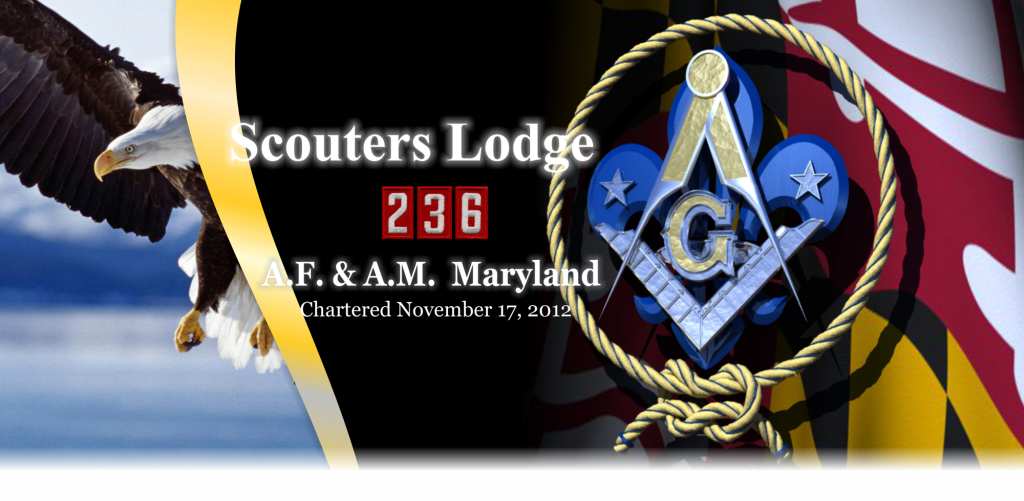A
Mason is a man who has decided that he likes to feel good about himself
and others. He cares about the future as well as the past, and does
what he can, both alone and with others, to make the future good for
everyone.
Many men over many generations have answered the question,
“What is a Mason?” One of the most eloquent was written by the Reverend
Joseph Fort Newton, an internationally honored minister of the first
half of the 20th Century and Grand Chaplain, Grand Lodge of Iowa,
1911-1913.
So, what’s a Mason? When is a man a Mason?
When he
can look out over the rivers, the hills, and the far horizon with a
profound sense of his own Littleness in the vast scheme of things, and
yet have faith, hope, and courage — which is the root of every virtue.
When he knows that down in his heart every man is as noble, as vile, as
divine, as diabolic, and as lonely as himself, and seeks to know, to
forgive, and to love his fellowman.
When he knows how to sympathize with men in their sorrows, yea, even in their sins — knowing that each man fights a hard fight against many odds. When he has learned how to make friends and to keep them, and above all how to keep friends with himself. When he loves flowers, can hunt birds without a gun, and feels the thrill of an old forgotten joy when he hears the laugh of a little child. When he can be happy and high-minded amid the meaner drudgeries of life. When star-crowned trees and the glint of sunlight on flowing waters subdue him like the thought of one much loved and long dead. When no voice of distress reaches his ears in vain, and no hand seeks his aid without response. When he finds good in every faith that helps any man to lay hold of divine things and sees majestic meanings in life, whatever the name of that faith may be. When he can look into a wayside puddle and see something beyond mud, and into the face of the most forlorn fellow mortal and see something beyond sin. When he knows how to pray, how to love, how to hope. When he has kept faith with himself, with his fellowman, and with his God; in his hand a sword for evil, in his heart a bit of a song — glad to live, but not afraid to die! Such a man has found the only real secret of Masonry, and the one which it is trying to give to all the world
The word “lodge” means both a group of Masons meeting in some place and the room or building in which they meet. Masonic buildings are also sometimes called “temples” because much of the symbolism Masonry uses to teach its lessons comes from the building of King Solomon’s Temple in the Holy Land. The term “lodge” itself comes from the structures which the stonemasons built against the sides of the cathedrals during construction. In winter, when building had to stop, they lived in these lodges and worked at carving stone.
While there is some variation in detail from state to state and country to country.If you’ve ever watched C-SPAN’s coverage of the House of Commons in London, you’ll notice that the layout is about the same. Since Masonry came to America from England, we still use the English floor plan and English titles for the officers. The Worshipful Master of the Lodge sits in the East. “Worshipful” is an English term of respect which means the same thing as “Honorable.” He is called the Master of the lodge for the same reason that the leader of an orchestra is called the “Concert Master.” It’s simply an older term for “Leader.” In other organizations, he would be called “President.” The Senior and Junior Wardens are the First and Second Vice-Presidents. The Deacons are messengers, and the Stewards have charge of refreshments.
Every lodge has an altar holding a “Volume of the Sacred Law.” In the United States and Canada, that is almost always a Bible.
This is a good place to repeat what we said earlier about why men become Masons:
There are things they want to do in the world
There are things they want to do “inside their own minds.”
They enjoy being together with men they like and respect.
The Lodge is the center of these activities.
